
Jeffrey Dayno, MD, chief medical officer of Harmony Biosciences, as well as John C. Jacobs, the chairman and CEO, shared their insight into the potential impact pitolisant can make in the treatment of narcolepsy and excessive daytime sleepiness.


JZP-258 Shows Success In Stabilizing Cataplexy for Patients With Narcolepsy

New Pitolisant Narcolepsy Data to Be Presented at World Sleep 2019

Jeffrey Dayno, MD, chief medical officer of Harmony Biosciences, as well as John C. Jacobs, the chairman and CEO, shared their insight into the potential impact pitolisant can make in the treatment of narcolepsy and excessive daytime sleepiness.











The director of the Sleep-Wake Disorders Center at Montefiore Medical Center will offer further insights on narcolepsy at the upcoming International Congress on the Future of Neurology, September 27-28, 2019 in New York City.

The associate chief of the MS division and professor of neurology at the University of Pennsylvania described the relationship between artificial intelligence and medicine, and how he sees it evolving in the future.

Jeffrey Dayno, MD, chief medical officer of Harmony Biosciences, as well as John C. Jacobs, the chairman and CEO, shared their insight into the potential impact pitolisant can make in the treatment of narcolepsy and excessive daytime sleepiness.

With its FDA approval, the selective histamine 3 receptor antagonist/inverse agonist, branded Wakix, is the first and only therapy for narcolepsy which is not scheduled as a controlled substance by the DEA. It is expected to enter the market by Q4 2019.

New study findings confirm that idiopathic rapid‐eye‐movements sleep behavior disorder and RBD secondary to narcolepsy type 1 can be identified via video‐polysomnography and skin biopsy for phosphorylated α‐synuclein deposits.
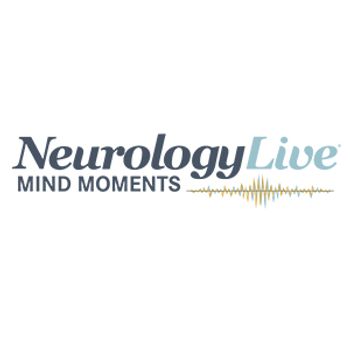
Mind Moments® a podcast from NeurologyLive®, brings you exclusive interviews with experts in neurologic disorders.

The staff neurologist at Cleveland Clinic’s Mellen Center for MS shared her insight into the use of telemedicine in an outpatient setting across a number of subspecialties in neurology and how it can supplement care going forward.

On our anniversary, take a look back at some of our most popular articles and interviews across a range of neurology topics.

The Drowzle algorithm was tested against polysomnography results and provided a sensitivity of 93.7% to detect moderate and severe obstructive sleep apnea.
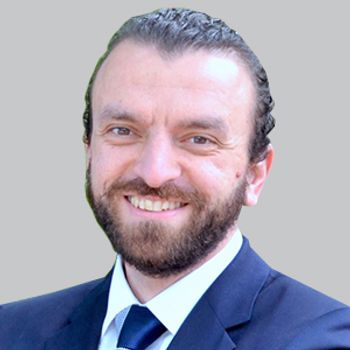
People who did not use trazodone had up to a 2-fold faster decline in MMSE score than those who used the drug.

The International Congress on the Future of Neurology will take place this Fall in New York City, converging experts in neurology to discuss the latest data and best practices to better inform clinical decision-making.
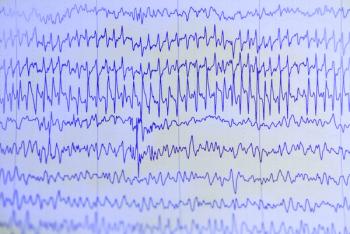
As home-monitoring devices become more available, accessible, and useful, they are increasing becoming helpful in neurological decision-making. More in this video.
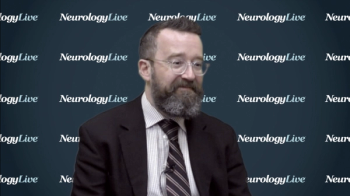
The head of neurology at the Sunnybrook Health Sciences Centre of the University of Toronto spoke about the limited available normative sleep data, and shared insight into the findings of the meta-analysis he and colleagues conducted of more than 150 studies.
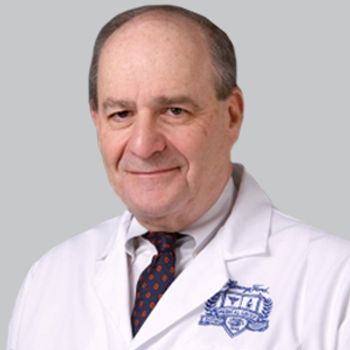
The mean decrease from baseline in latency to persistent sleep was 15 minutes for placebo, 30 minutes for seltorexant 5 mg, 50 minutes for 10 mg, and 48 minutes for 20 mg.